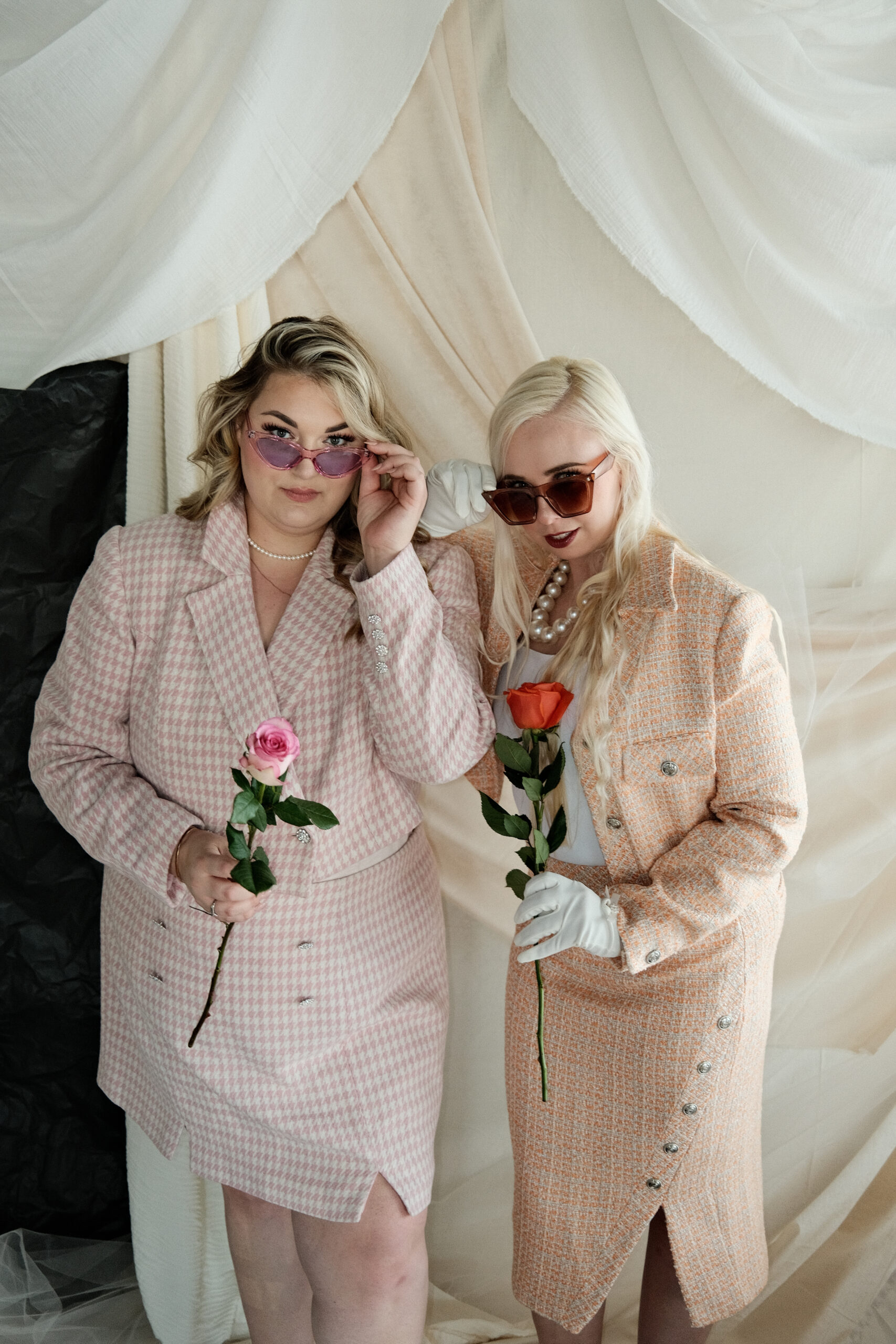Why The Design Industry Needs a Code of Ethics

At The Brief Collective we believe the design industry should have a code of ethics. Ethics are simply moral principles that govern a persons behaviour or conducting activity.
Being a designer isn’t just about the design itself, its about identifying problems and giving effective solutions to your client or yourself.
We’ve all heard of the code of ethics in health care, right?
Autonomy — Honouring the patients right to make their own decisions.
Beneficence — Helping the patient advance for their own good.
Nonmaleficence — To do no harm.
Justice — To be fair and treat like cases alike.
Although design isn’t the same as saving lives, the two have more similarities than you might think.
Design has power.
Considering how you are able to help people when designing is crucial, as well as acknowledging ways you could hurt someone through design. You are responsible for the creations you put into the world. It has your name on it and ignorantly producing work that harms others, even accidentally, makes you responsible.
Thou shall not copy ideas of any kind
There are two types of copying; moral and immoral. If you copy something that sparks inspiration, make it your own and credit the original creator, this can be considered moral. Ensuring the work has your own spin on it is the main thing that separates moral from immoral.
At the other side, blatantly copying someone’s work and trying to pass it off as your own, disregarding the hard work of the original creator becomes immoral copying, also known as plagiarism.
Accidental copying happens sometimes and knowing how to spot it is crucial, missing it can harm your reputation as a designer, whether it was intentional or not.
A designer seeks to build the community, not divide it.
At TBC we’re big believers in ‘Community over Competition’. When you become a designer, you join a community. When designing for a client it isn’t always just you and them. It’s crucial to think about how your work impacts others. If you’re dishonest with a client or on a project, another designer may have to fix it. If you hand out discounts when they aren’t needed, the design industry becomes devalued.
You are responsible for your own professionalism in business, but all designers in the community are responsible for maintaining a standard that we all deserve to work at including being paid fairly.
A designer always seeks out what they do not know and always improves
Not knowing something doesn’t have to be shameful. We know imposter syndrome can get the best of you, but we often don’t realise the potential of our own brains and skills.
Get comfortable with seeking out things you don’t know and take time to learn about them.
Aim to make your next design better than the last. Do passion projects and test out new tools, techniques and ideas.
And most importantly, listen to other people’s experiences and be open to diversity within people and design. Diversity leads to stronger outcomes and better designs.
Fear the consequences of design more than the cleverness of our ideas.
The main point of design is that it’s there to solve a problem. It’s our role as designers to ensure the impact our work makes on society is a positive one. We must judge the value of our work through the impact it makes rather than aesthetics alone. An aesthetically pleasing design doesn’t always mean a successful design.
Honor your expertise
Appropriate feedback shouldn’t be looked at in a negative light. Change your point of view. Instead, look at it as advice for improvement that makes your good work even better.
Encourage your clients to give you feedback often throughout the process as this increases the chances of a successful project.
That being said, don’t be afraid to tell a client if you believe their suggestion is a bad choice. An aesthetically pleasing design doesn’t always mean a successful design. It’s our job as designers to provide the best possible solution we can while honouring the clients wishes, but this doesn’t mean you should just do anything and everything they ask without questioning it.
Ask your client why they believe their choice is strategic, and use your expertise as a designer to evaluate if this will work for the client. If not, it’s okay to speak up.
A code of ethics for the design industry is important because they guide us to tell the truth, remain accountable, solve problems and put out our best ideas.
In conclusion, allow this to be your reminder that design ethics are not just a theoretical concept but a practical framework that guides designers toward responsible and empathetic choices. Embrace design ethics and the design industry can continue to evolve in a direction that aligns with professionals and the community